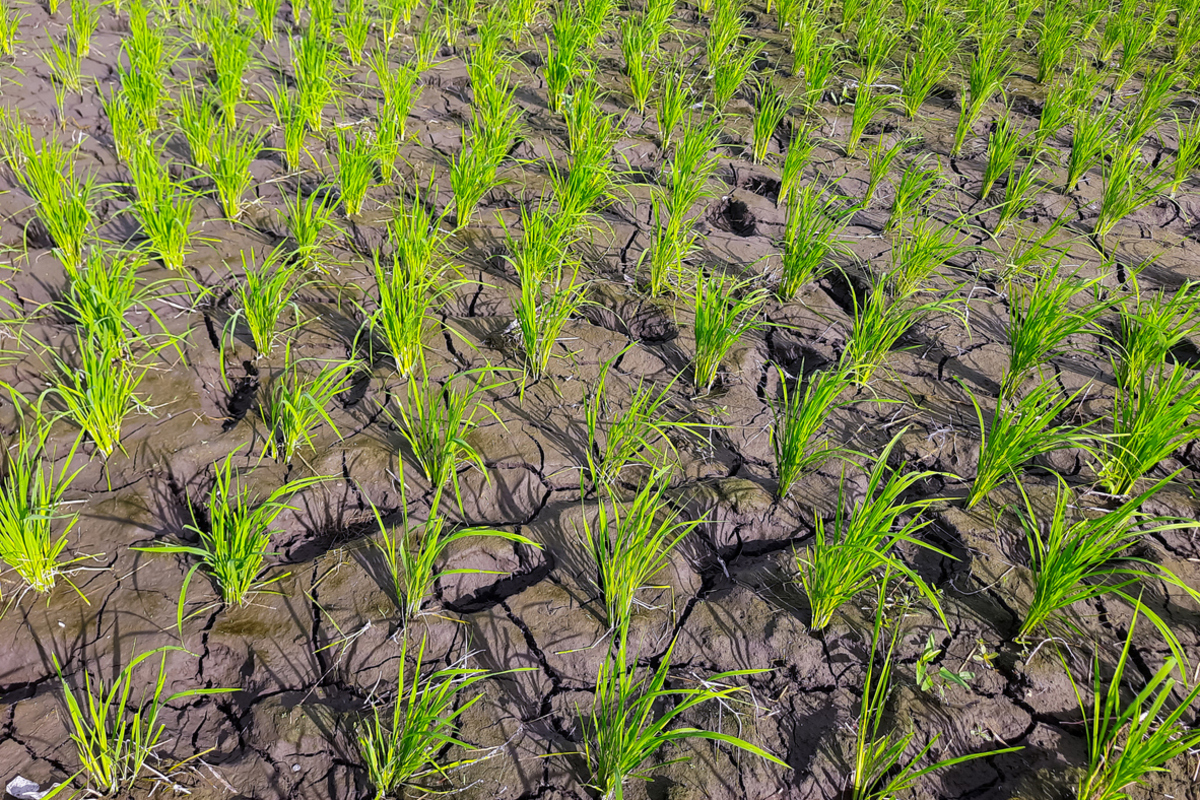
Experts from India Use Gene Editing to Fight Rice Dehydration
June 25, 2025| |
A study conducted by researchers from the National Insitute of Plant Genome Research (NIPGR), Indian Council of Agricultural Research (ICAR) National Rice Research Insitute (NRRI), and Regional Centre for Biotechnology in India shows that the overexpression of OsDUF2488 provides improved tolerance to dehydration and oxidative stress in rice. The results are published in Plant Biotechnology Journal.
Dehydration poses a serious threat to plant growth by disrupting key cellular functions, particularly mitochondrial respiration, which is crucial for energy production. Rice, in particular, is highly susceptible to water-deficit stress due to its high water demand and highly permeable cuticles, making consistent irrigation crucial for its survival. As a result, dehydration can significantly reduce rice yields. In this study, researchers employed CRISPR-Cas9 gene-editing technology to investigate the role of the stress-responsive gene OsDUF2488 in enhancing rice tolerance to dehydration.
The study showed that the overexpression of OsDUF2488 resulted in improved dehydration tolerance, while the knockout mutants showed hypersensitivity to dehydration. The researchers found that OsDUF2488 helps rice plants survive dehydration by protecting the mitochondria. If combined with OsPrx1.1, these two could work together to break down harmful molecules caused by stress. The findings of the study present a great opportunity to improve the drought tolerance of rice under dehydration conditions.
For more information, read the article from the Plant Biotechnology Journal.
| |
You might also like:
- Experts Find Rice's Secret Weapon for Drought
- Experts Pinpoint Rice Proteins Vital in Drought Stress Tolerance and Yield
- IGI Scientists Make Strides in Protecting Rice from Drought
Biotech Updates is a weekly newsletter of ISAAA, a not-for-profit organization. It is distributed for free to over 22,000 subscribers worldwide to inform them about the key developments in biosciences, especially in biotechnology. Your support will help us in our mission to feed the world with knowledge. You can help by donating as little as $10.
-
See more articles:
-
Gene Editing Supplement (June 25, 2025)
-
Research and Tools
- Experts from India Use Gene Editing to Fight Rice Dehydration
- Scientists Use CRISPR to Develop Ideal Plant Architecture Traits in Rice
- Review Paper Outlines Vital Role of Regulation in Plant Gene Editing
-
Public Acceptance and Engagement
- German Media Shift Toward a More Favorable Stance on Gene Technology with NGTs
-
Read the latest: - Biotech Updates (December 17, 2025)
- Gene Editing Supplement (December 17, 2025)
- Gene Drive Supplement (February 22, 2023)
-
Subscribe to BU: - Share
- Tweet

